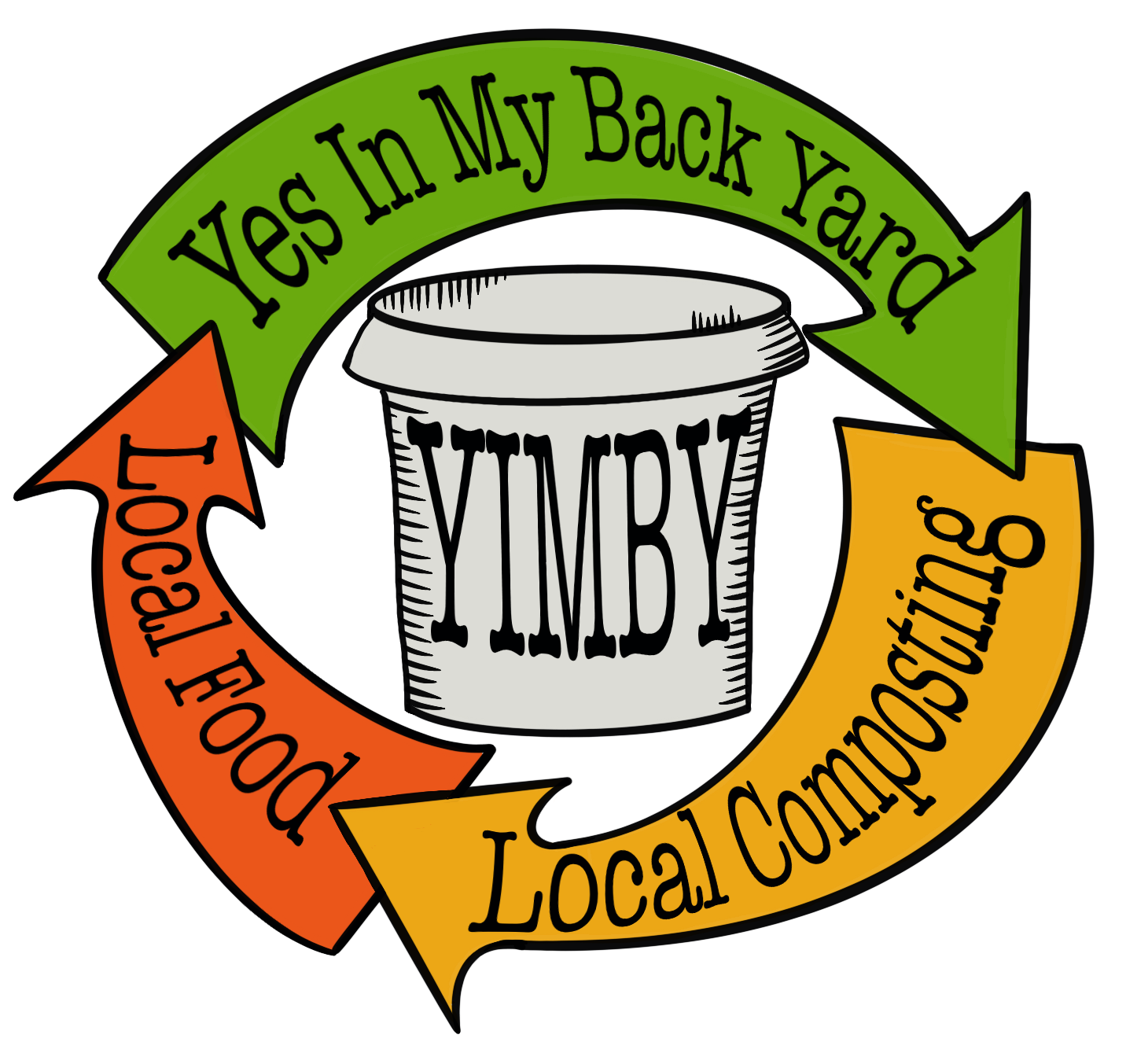Invisible, persistent killer.
‘Synthetic auxins’ are a group of herbicides that have been quietly killing off backyard and market gardens in our region for some time now. ‘Aminopyralid’ is a type of synthetic auxin, but is commonly used as a name for the whole class of these herbicides.
I have seen dozens of gardens devastated by synthetic auxins, with gardeners waiting years for the contamination to subside or having to remove the soil from their property all together. There have even been legal actions over these contaminations.
Three things make synthetic auxins problematic; how little of them is needed to damage plants, how resistant they are to being broken down and how hard they are to test for.
Auxins are naturally occurring plant hormones present in miniscule quantities in plants. Humans have been synthesising these hormones since the 1940’s and have used ‘higher than natural’ concentrations to induce severe responses in some plants (infamously in Agent Orange), with many plants being stunted, shrivelled or killed by very tiny concentrations, even as low as 5 parts per billion (equivalent to a few teaspoons in an Olympic-sized pool!)
Because synthetic auxins are less damaging to grasses, they are a popular herbicide with cereal growers (wheat, barley oats etc.) and on pastures and lawns (golf courses, playing fields). Although not killed by the concentrations in the herbicide sprays, cereal straws and grass clippings continue to carry these active chemicals in their lignin structure.
Worryingly, synthetic auxin compounds are not destroyed by hot composting, they can make it through the digestive system of horses and cows unscathed, and although they do “wash out” of soil with high rainfall or irrigation, the chemicals continue to have their effect, just further down the water cycle.
Contaminated materials (be it grass or straw, or manures from cows or horses that have fed on contaminated feed) are now regularly making it to commercial composting facilities, often via municipal ‘green’ bins (FOGO Bins – Food Organics, Garden Organics) where they are made into ‘compost’ and other garden products. Products made with synthetic auxin contamination - whether in bulk or in bags - still contain the active herbicide and when sold to gardeners, or used in soil blends, can devastate gardens for years.
Synthetic auxins are extremely difficult (and frightfully expensive) to do lab tests for, so, it’s hard for gardeners who buy commercial garden products to protect against them. A simple ‘bioassay’ test can be done at home, but it takes time, and products need to be kept from use till the results are clear (we’ll cover doing this test in a future Conversation).
The safest approach is to make our own compost, and to make it from known sources of ingredients that are unlikely to have been sprayed with, or have residual contamination from synthetic auxins.
The use of ‘biocides’ (of any kind) is an issue that should concern us all. We all have a stake in being alive and we need to work collectively towards less life-destroying approaches to growing food, and living our lives.
AUTHOR: JOEL MEADOWS
Joel Meadows works with *Yes In My Back Yard, (YIMBY), a community-scale composting initiative in Castlemaine and surrounds. Send questions or comments to hello@yimbycompost.com or book in for a compost workshop!
This was first published in the Midland Express on 20 November 2024

